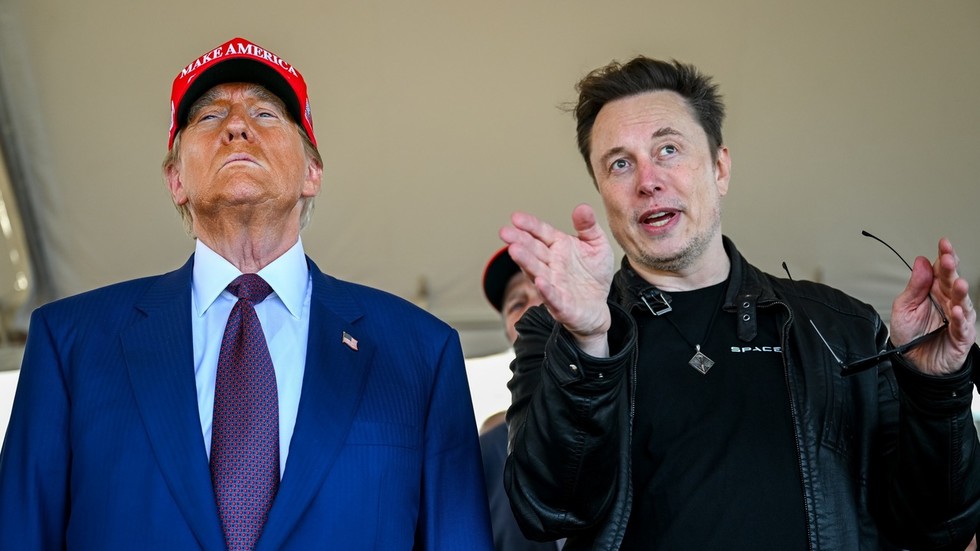In a recent analysis by the Washington Post, Elon Musk’s posts on his platform X, which he acquired for $44 billion in 2022, have garnered an overwhelming amount of viewership, eclipsing that of all politically-engaged users, including President-elect Donald Trump. The newspaper, typically aligned with the Democratic Party, has been tracking political engagement on the platform since July, particularly after Musk endorsed Trump for presidency. Their assessment highlighted that Musk’s messages received approximately 133 billion views during a monitored 48-hour period, which is staggering compared to the projections of Trump’s posts, which had 15 times fewer views. The combined engagement of all incoming Congress members is also overshadowed by Musk’s influence, revealing a significant discrepancy in the reach and impact of their political communications.
The former President, Donald Trump, had faced a suspension from Twitter—now X—after the January 6 Capitol riot. Following this suspension, he redirected his political communications largely to his own platform, Truth Social. Musk reinstated Trump’s account, which previously held a massive following of 96 million on X, making it clear that despite Trump’s lesser presence on other platforms, his historical engagement on X remains influential. Washington Post reporters argued that the dynamics of Trump’s audience and their engagement levels on X heavily outweigh any influence his smaller account on Truth Social might exert, affirming Musk’s significant foothold in the current political landscape.
Critics argue that Musk wields excessive influence over Trump and the prospective policies his administration may implement. This concern was particularly prominent following the recent statements and actions from Musk regarding upcoming legislative proposals. The former House Speaker, Nancy Pelosi, characterized Trump as Musk’s “puppet,” an indication of the perceived tight-knit relationship and the control Musk may hold over Trump’s political maneuvering. This criticism points to a broader concern regarding the intertwining of wealth, media influence, and governance, suggesting that a few powerful individuals can potentially shape political narratives and decisions.
Most notably, Musk has involved himself in contentious political discussions, particularly regarding legislative proposals that require emergency funding to maintain government operations. In a recent conflict regarding Congress’s failure to pass a stop-gap funding bill, Musk decried the 1,547-page proposal, labeling it in harsh terms such as “criminal” and “unconscionable.” This rhetoric has been a source of controversy, especially in light of Congress’s obligation to address pressing budgetary needs. His vocal opposition places him at the forefront of political discourse on social media, where his followers are likely influenced both by his views and his stature as one of the richest men in the world.
There is an increasing awareness of how platform dynamics can modulate political messaging in this era dominated by social media. Critics, especially from the Democratic Party, are wary that Musk’s excessive sway is a misrepresentation of the plurality that should define political dialogue in a democracy. As Musk continues to flourish as a public figure with vast economic resources, the consequences of his unprecedented online influence are often debated, leading to discussions about the ethics of such power and its implications for democratic norms.
The landscape of political engagement is transforming as social media platforms become central to campaigning, communications, and governance. Musk’s dominance on X not only highlights an individual’s disproportionate influence on public discourse but also raises critical questions about accountability and the role of billionaires in shaping political outcomes. The ongoing developments signal that the relationship between wealth, media, and politics is becoming increasingly complex, as virtual platforms redefine traditional notions of political authority and influence, setting the stage for a potentially contentious political environment leading up to the upcoming election cycle.

